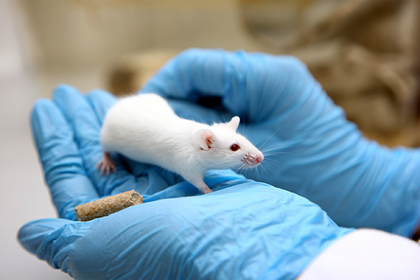An international team of scientists has identified a molecule that protects against inflammation 
An international team of scientists has identified the link between diet and immunity, mediated through the intestinal microflora. Experiments on mice have shown that the production of metabolic by-products of microbes in the intestine depends on the diet, which, in turn, affects the immune defense. The results of the study are published in the journal Nature.
In a series of experiments, the team identified a cascade of immune signals triggered by the metabolic breakdown of dietary amino acids in the gut of a mouse. The animal first consumes food containing BCAAs, which are then absorbed by the Bacteroides fragilis bacterialiving in the intestines. The bacterium, in turn, produces branched-chain liposaccharides, which are captured by immune signaling cells known as antigen-presenting cells.
Antigen-presenting cells act as activators of another class of immune cells, natural killer cells. It is a type of T cell that recognizes and destroys infected cells and is also involved in anti-tumor defense. Scientists have shown that signaling from B.fragilis to immune cells occurs only in the case of branched-chain molecules. The bacteria, by absorbing amino acids, changes the structure of liposaccharide molecules so that they better bind to receptors on immune cells and initiate a signaling cascade that suppresses inflammation.
Researchers have synthesized 23 different configurations of immunomodulatory liposaccharides to determine how each molecule interacts with immune cells that regulate inflammation. Branched-chain molecules caused natural killer cells to release the signaling compound interleukin-2 (IL-2), while straight chain molecules did not.
Experiments in mice with ulcerative colitis showed that animals receiving liposaccharides with branched chain, fared much better than untreated animals. In rodent cells, minimal signs of colon inflammation were observed. The findings are driving the development of new therapies for natural killer-mediated gastrointestinal diseases, the researchers said.